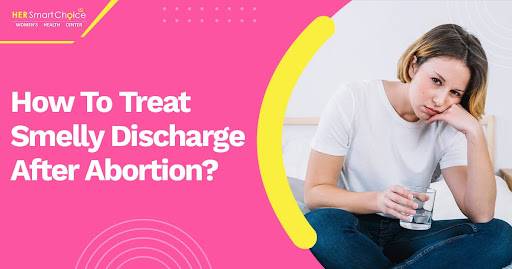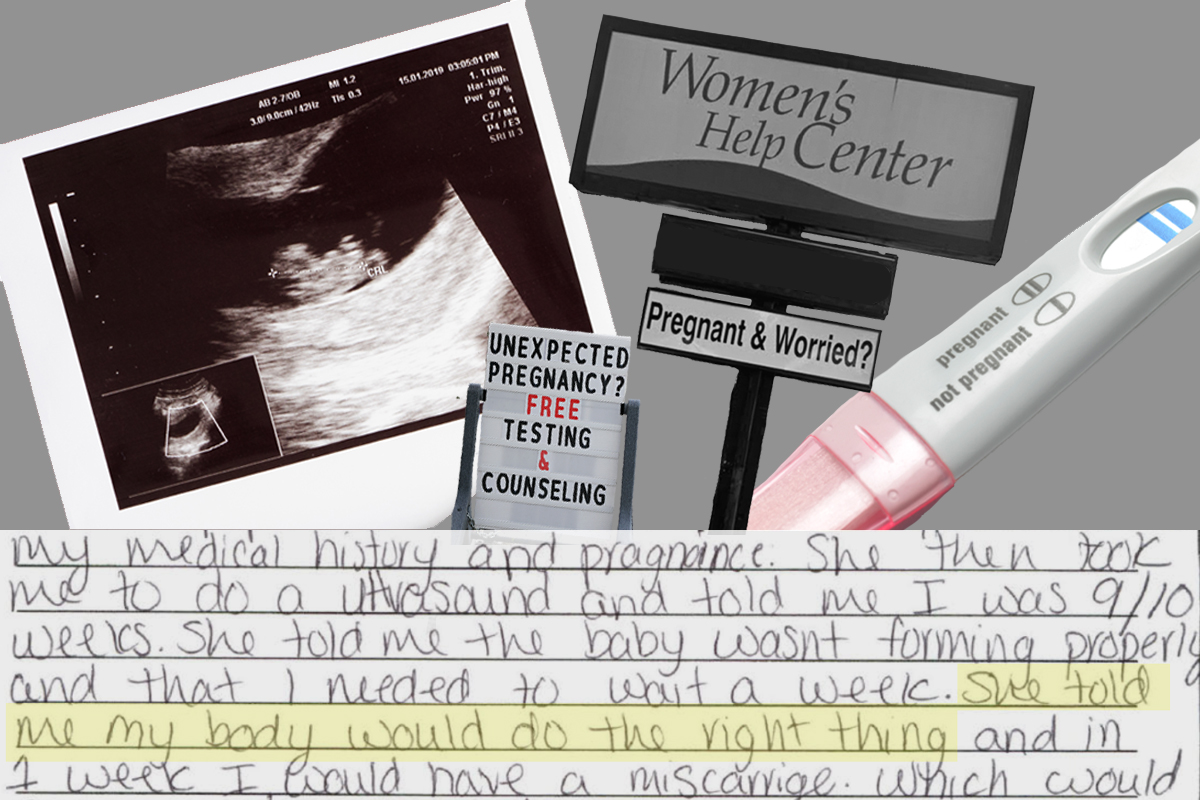Bloating after an abortion can result from hormonal changes and physical stress. It is a common symptom that many women experience.
Experiencing bloating following an abortion is not uncommon as the body undergoes various hormonal and physical adjustments during this time. An abortion, whether medical or surgical, can trigger a series of reactions in the body that lead to gastrointestinal discomfort and a feeling of fullness in the abdominal area.
It’s crucial for those who’ve undergone the procedure to understand that bloating is typically a temporary condition. Support and guidance during the post-abortion healing process are essential, and managing bloating effectively contributes to overall recovery. This article offers insight into the causes of post-abortion bloating, potential relief measures, and when to seek medical attention for persistent or severe symptoms.

Credit: www.medicalnewstoday.com
Physical Changes Post-abortion
Bloating after an abortion is a common experience for many women. Your body has undergone a significant procedure and needs time to heal. Understanding what physical changes to expect can ease worries and help in planning for recovery.
What To Expect
After an abortion, it’s normal to notice some physical symptoms as your body adjusts. These may last a few weeks. Rest assured, they typically lessen with time.
- Cramping similar to menstrual pain
- Changes in menstrual cycle
- Varied bleeding patterns, light or heavy
- Emotional fluctuations due to hormonal changes
Common Symptoms
Post-abortion bloating is one symptom among several. It’s due to the body’s hormonal shifts and should gradually subside.
| Symptom | Description | Duration |
|---|---|---|
| Bloating | A feeling of fullness or swelling in the abdomen | Several days to a week |
| Fatigue | Feeling unusually tired or exhausted | 1-2 weeks |
| Nausea | Mild to moderate stomach upset | Up to a few days |
Note: Contact a healthcare provider if symptoms seem severe or persist.

Credit: www.momjunction.com
Understanding Bloating
Bloating is a common symptom that many women may experience after an abortion. It involves a feeling of fullness or swelling in the abdominal area. This sensation might be uncomfortable and can vary in intensity from person to person.
Causes Of Post-abortion Bloating
Several factors contribute to post-abortion bloating. Key reasons include:
- Hormonal Changes: The body undergoes rapid hormonal shifts post-abortion which can affect digestion.
- Medicines: Some drugs used during or after the procedure might cause gas and bloating.
- Emotional Stress: Stress can disrupt the digestive system leading to bloating.
- Physical Recovery: Your body may retain fluids as a response to surgery, causing temporary bloating.
How Bloating Manifests
Bloating post-abortion might present itself in various ways:
| Physical Symptoms | Emotional Responses |
|---|---|
|
|
Recognize that bloating is a typical, yet temporary side effect post-abortion. If symptoms persist or worsen, seek medical advice.
Managing Bloating
After an abortion, bloating can be uncomfortable. You are not alone. Many women experience this. There are steps to help reduce this discomfort. Let’s explore simple and effective ways to manage bloating from the comfort of home.
Comfort Measures At Home
Rest is crucial. Your body needs time to heal. Try these tips:
- Wear loose clothing to ease pressure on the abdomen.
- Apply a warm heating pad to reduce discomfort.
- Drink plenty of water to flush your system.
- Lie down with your legs elevated to release gas.
- Practice gentle yoga poses or stretching to aid digestion.
Dietary Adjustments
What you eat and drink plays a big role. Choose wisely:
| Include | Avoid |
|---|---|
| Fruits like bananas, oranges | Fizzy drinks and alcohol |
| Steamed vegetables | Fried and spicy foods |
| Probiotic-rich yogurt | Legumes and beans |
| Whole grains like oatmeal | Dairy products if lactose intolerant |
Eating small, frequent meals can keep your digestion in check. Ensure a balanced intake of protein, fiber, and healthy fats. Limiting salt can help reduce fluid retention and bloating. Consult a nutritionist for a tailored plan.
Medical Interventions
Bloating after an abortion can be an uncomfortable side effect. It’s a common issue that many face, but often goes unspoken. In some cases, medical intervention may be necessary to alleviate discomfort. Knowing when to seek help and what medications are available can ease the recovery process.
When To Seek Help
Bloating should gradually improve in the days following an abortion. Yet, if bloating persists or worsens, it’s crucial to contact a healthcare provider. Signs that warrant immediate medical attention include:
- Severe or sharp pain
- Heavy bleeding that soaks through more than 2 pads in an hour
- Fever over 100.4°F
- Foul-smelling discharge
Available Medications
Medications can help manage post-abortion bloating. Your healthcare professional might recommend over-the-counter options or prescribe medication if needed:
| Medication Type | Usage | Common Examples |
|---|---|---|
| Anti-gas | Reduce bloating and gas pain | Simethicone products |
| Analgesics | Alleviate general pain | Ibuprofen, Acetaminophen |
| Antibiotics | Prevent or treat infections | As prescribed by a doctor |
Remember to follow the dosage instructions provided by your healthcare provider.
Psychological Impact
The aftermath of an abortion often extends beyond physical recovery. One crucial aspect frequently overlooked is the psychological impact. Bloating may seem like a minor physical discomfort. Yet, it can trigger profound emotional responses in individuals already navigating the complex feelings associated with abortion. This psychological toll deserves careful attention as part of the healing process.
Emotional Well-being
After an abortion, emotional fluctuations are common. Bloating can heighten feelings of discomfort and stress. Assuring yourself that this is a temporary state is vital. Self-care acts become crucial during this sensitive period. These include:
- Resting adequately
- Engaging in relaxing activities
- Eating nourishing foods
- Staying hydrated
Such simple steps can support hormonal balance and aid in alleviating bloating. Being gentle with oneself greatly aids in the journey back to equilibrium.
Support Systems
Support networks play a significant role in psychological resilience post-abortion. Discussing physical symptoms like bloating can bring a sense of relief. Here is where you can turn:
| Source | Support Type |
|---|---|
| Family & Friends | Emotional and practical support |
| Healthcare Providers | Medical advice and reassurance |
| Counselors | Therapeutic assistance |
| Support Groups | Shared experiences and coping strategies |
Reaching out is important. Speaking to someone who understands can prove immensely soothing. It can transform a solitary struggle into a shared journey towards recovery.
Your feelings are valid, and help is available. Remember, you are not alone.
Recovery Process
Recovering from an abortion often includes handling both physical and emotional changes. Bloating post-abortion is common, but it’s essential to understand how your body heals during this period. This section will guide you through the recovery, providing you with a timeframe and signs to monitor for a safe healing journey.
Typical Recovery Timeline
Each woman’s recovery experience is unique. Still, there exists a general timeline for healing.
- First 24 hours: Rest is critical; cramps and bleeding are normal.
- 1-2 weeks post-procedure: Most symptoms should lessen; take it easy.
- 4-6 weeks: Visit a doctor for a follow-up; your body should feel more like before.
Monitoring Your Symptoms
Keep a close eye on how you feel after an abortion. Some discomfort is normal, but other signs need attention.
| Time | Normal Symptoms | Symptoms to Monitor |
|---|---|---|
| 24-48 hours | Mild cramps, bloating | Severe pain, heavy bleeding |
| 1 week | Lessening cramps | Fever, foul-smelling discharge |
| 2 weeks | Intermittent bleeding | Continuous heavy bleeding |
If severe symptoms occur, contact your healthcare provider promptly.

Credit: pronatalfitness.com
Frequently Asked Questions Of Bloating After An Abortion
Is Bloating Common After An Abortion Procedure?
Bloating can occur post-abortion due to hormonal changes and physical stress. It’s a common symptom but should ease within a few days. If bloating persists or worsens, seek medical advice to ensure no complications.
What Causes Post-abortion Bloating?
Post-abortion bloating is often caused by hormonal fluctuations and the body’s response to physical changes. It may also result from medications given during the procedure. Staying hydrated and light physical activity can mitigate bloating.
How Long Does Bloating Last After Abortion?
Typically, bloating after an abortion resolves within a week. If you experience prolonged or severe bloating, it’s important to consult with your healthcare provider. Persistent bloating could indicate an underlying issue that needs attention.
Can I Relieve Bloating After An Abortion At Home?
Yes, to alleviate bloating, try drinking herbal teas and engage in gentle exercise. Over-the-counter anti-gas medications may also help. However, always check with a healthcare provider before taking new medications post-abortion.
Conclusion
Dealing with bloating post-abortion is a common concern. Solutions range from dietary adjustments to medical intervention. Remember, your body needs time to heal. Seek support from healthcare providers if symptoms persist. Your wellbeing is paramount as you navigate this recovery phase.




